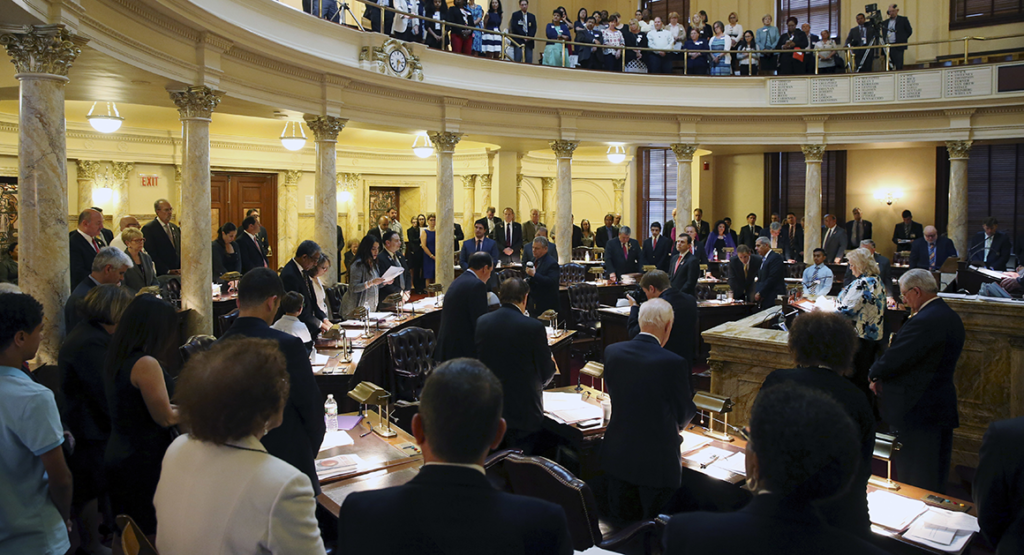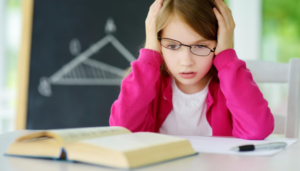Below are excerpts from a letter sent yesterday to the New Jersey Senate by a coaltion of advocates in support of Senate bill 3214. This bill would require the New Jersey Department of Education to compile a report on the impact of COVID-19 on student academic growth since the COVID-19 pandemic and subsequent school closures. (Update: on Thursday the bill passed the Senate by a vote of 38-1 and now goes to the Assembly.)
With long-standing persistent achievement gaps across our state and a lingering digital divide, COVID-19 has the potential to drastically exacerbate the educational inequities in New Jersey for an entire generation of students.
Initial research from early in the pandemic forecasts staggering learning loss, particularly for low-income students. An early analysis by CREDO found that on average in New Jersey, there were at least 58 days of learning lost in reading and over 174 days lost in math. Furthermore, school closures eliminated other critical aspects of school beyond academic achievement, including critical social, emotional, and economic support systems. According to a recent report from McKinsey, these academic, social and emotional gaps will have long-term economic impacts on students, estimating that for the average US K-12 student will lose $61,00 to $82,000 in lifetime earnings or an entire years’ salary due to the learning gaps exacerbated by COVID-19. These estimates are worse for Black and Hispanic students.
A recent poll of parent perspectives in New Jersey demonstrates that parents are deeply concerned about their children’s educational and emotional wellbeing during these difficult times. Indeed, the poll found that New Jersey parents’ top concern was ensuring their child did not fall behind academically. Parents’ second concern was their child’s social and emotional well being. The poll also uncovered that parents of color and low-income parents were more likely to say that their child is fully remote learning.
It is imperative to measure learning loss outlined in the bill to improve educational programming statewide and to assess the resources the State will need to dedicate to strategies to address learning loss.
This measure, S3214, is a tremendous first step in assessing the impact of COVID on New Jersey’s education system as it analyzes key indicators like student attendance rates, the continued extent of the digital divide, and the delivery of services to students with disabilities. While there will certainly be much more to do to remedy the educational hardships and the learning loss created by the pandemic, we feel that this legislation provides vital information for decision makers and stakeholders. Without key baseline information about the impact of the COVID-19 pandemic on student learning and the social and emotional well being of students and families, we will not be able to effectively and efficiently craft programs to accelerate student learning and help get our student and families, especially our low-income students, back on a path towards academic success. Nor will we be able to truly understand the long term impact of the pandemic on workforce development.
The letter was signed by Tafshier Cosby (Parent Impact), Donna Custard (Parent Impact), Naeha Dean (Camden Education Fund), Michael Egenton (NJ Chamber of Commerce), Christopher Emigholz (NJBIA), Vivian Cox Frazier (Urban League of Essex County), John Harmon (African American Chamber of Commerce of NJ), Yolanda Johnson (Parents Engaging Parents, Newark), Cathy Lindenbaum (NJ PTA), Shennell McCloud (Project Ready), Carlos Medina (Statewide Hispanic Chamber of Commerce of NJ), Patricia Morgan (JerseyCAN), Jamilah Muhammad (Parent Impact), Tahina Perez (Teach for American, NJ), Kyle Rosenkrans (NJ Children’s Foundation).



